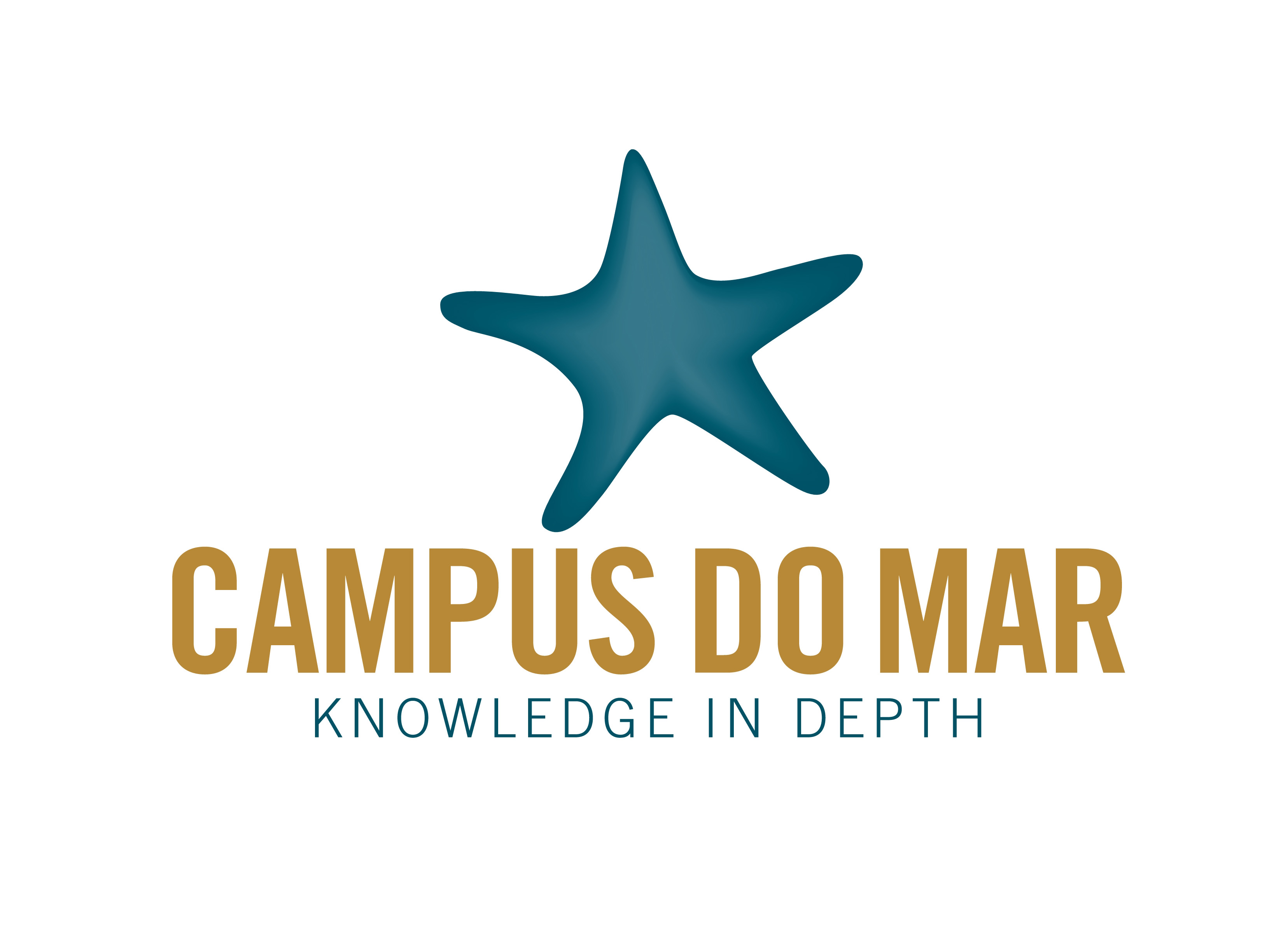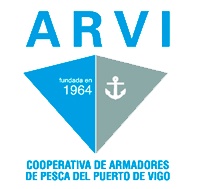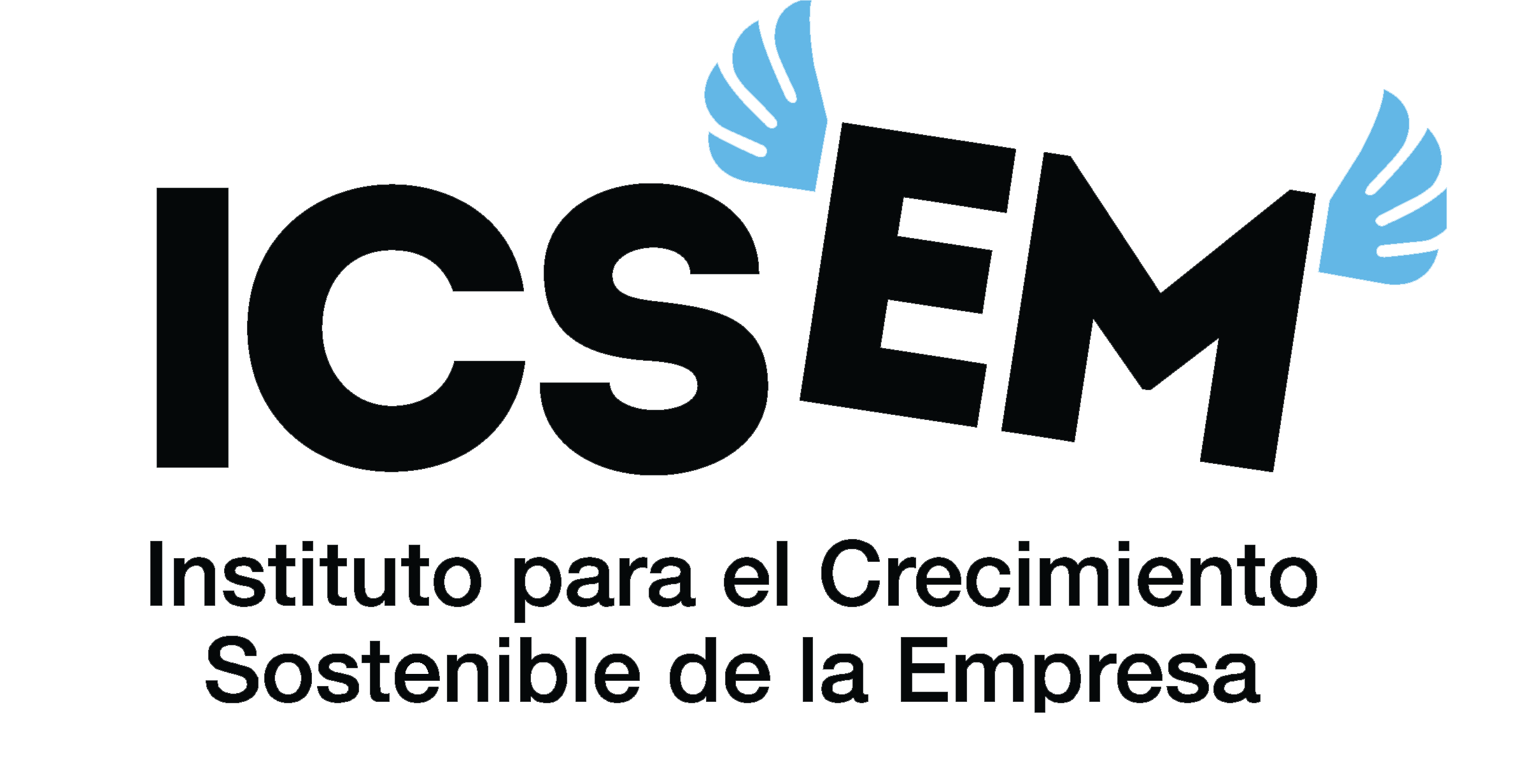Status
Finished
Description
Professionalization of the inshore and offshore extractive fishing value chain.
BLUEFISHING TRAINING is a strategic initiative that, under a blue economy approach, aims to promote the sustainable development of "blue careers" that respond to the challenges of sustainable development of economic sectors linked to the oceans. This multidisciplinary and multi-stakeholder project stems from the needs of the sector and academia and consolidates the efforts that have been developed in recent years throughout the country. The aim is to contribute to the generation of professionalised employment that will strengthen the sustainable growth of the economic sectors associated with fishing activity.
The Bluefishing Training project will improve the competitiveness of the target sectors, providing companies with access to trained professionals with the skills demanded by the market, updating and improving their qualifications, as well as their adaptability to the labour market in order to improve their employability, progression and professional growth, through the following specific objectives:
- Promote structured frameworks for collaboration between industry and education in the extractive fisheries sector.
- Identify needs and opportunities for improvement in current training programs.
- To involve the business sector in training and specialization, updating of vocational training, new professional skills and continuing education.
- To orient training to practice through qualitative learning models, promoting learning based on practical work.
- Developing innovative practices, acquiring new professional skills and educating on the environmental impact related to aquaculture activities.
- Improve the competitiveness of the fishing sector through specialized training of professionals in the sector on the latest technological and market advances, allowing to respond to the needs of the labor market.
- Dissemination and social participation
Main activities
To this end, the following activities will be carried out in the framework of the Blue Fishing Training project:
1. Elaboration of a participative diagnosis of capacities and professionalisation of the valuechain of the fishing sector in order to know the demands of the sector in terms of training and employment under a methodology that includes a mapping of actors, desk research, interviews and online surveys that allow the design of a capacity management tool.
2. Design of a sectoral cooperation plan on capacities to improve the competitiveness of the Atlantic extractive fishing sector in three key subsectors of the blue economy in the Atlantic region: inshore and offshore fishing and port marketing and logistics, which will be carried out collaboratively through the creation of a committee of experts and the organisation of sectoral working groups, both made up of representatives of the sectors and academia (both university and vocational training), and will take the form of three pilot programmes to improve the professionalisation of each subsector and a fourth cross-cutting programme.
3. Design and implementation of three pilot programmes to improve the professionalisation of each sub-sector and a fourth cross-cutting programme, breaking them down into specific courses that will include virtual and face-to-face programmes, combining theoretical and practical sessions, applying innovative practices in training with workshops, seminars, case studies, experimentation and field visits, guaranteeing equal access. The contents of each course will be designed through the collaborative work of specialists from the sector, teaching staff from the University of Vigo and experts from the vocational training sector, as well as sectoral representatives integrated in the project's expert advisory committee. An evaluation system will also be designed to measure the improvement in competences after participation in the course, and to collect recommendations and good practices.
-Technician in fishing gear and tackle
-Food hygiene, handling and processing on board fresh fish
-Processing and preservation of fishery products on board factory vessels.-Coexistence of renewable energies in the marine environment and the fishing sector.
-Seafood Tourism I course: Blue, real and effective seafood tourism
-Seafood Tourism II course: interpreter guide in seafood tourism
-Food hygiene in the fishing sector
-PRL course for operators of lifting equipment in the fishing sector-Logistics and foreign trade in the fisheries sector
-Fishing products and fish market operato-Geographic Information Systems (GIS) and their application to the marine world.
-Digitalisation and its application in the fisheries sector
4. All these actions will be complemented with the organisation of different technical and informative conferences on sustainability and competitiveness of the extractive fishing sector to promote the exchange of knowledge and experiences between professionals in the sector, academia and students, as well as to disseminate the results of the project. To this end, a series of conferences on "SDG 14": Research in Fisheries Sustainability and protection and recovery of marine biodiversity, a Blue Economy Forum, a specialised dissemination article and thematic guides and manuals distilled from the training and capacity building programmes are envisaged.
Expected results
Promote the competitiveness of the target sectors, providing companies with access to trained professionals with the skills demanded by the market. Likewise, the training centers will be able to obtain direct information from the sector and reformulate or propose new training strategies, either in the short term, implementing the training itineraries designed, or in conjunction with the authorities, and the support of the sectors, to promote the updating of regulated training programs.
Contribution
- Green port: promotes the conservation of the coastal maritime environment, promoting responsible practices of natural resources and energy efficiency in activities.
- Innovative port: integrated in an ecosystem of knowledge, transfer, entrepreneurship and R+D+i, it boosts the competitiveness of the maritime-port economy from a social and environmental sustainability perspective.
- Inclusive port: in the sense that its ultimate goal is to improve skills, employability, develop business opportunities and job creation in the maritime port area. It also aims to achieve this through the cooperation and interaction of the different related agents.
This project is implemented under the Recovery, Transformation and Resilience Plan, funded by the European Union - NextGenerationEU through the General Secretariat of Fisheries of the Ministry of Agriculture, Fisheries and Food according to the guidelines of RD 1155/21, PRTR.





